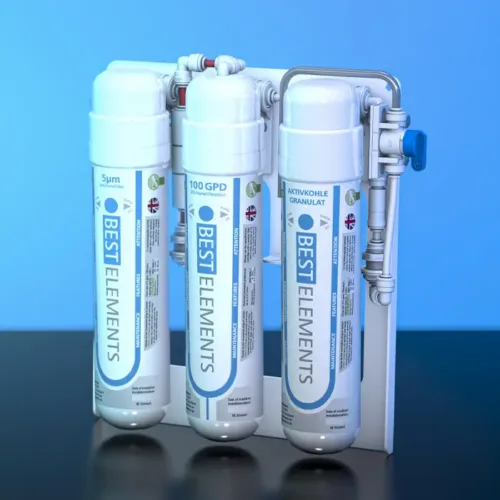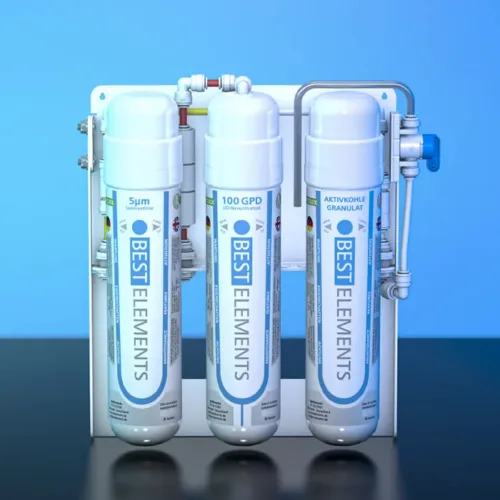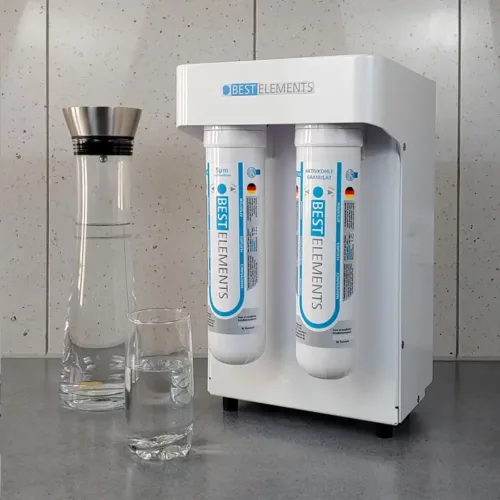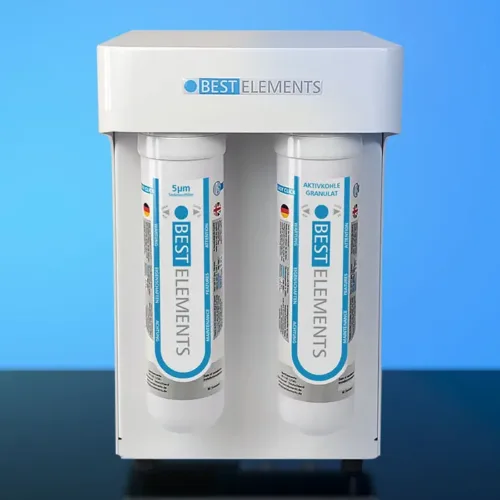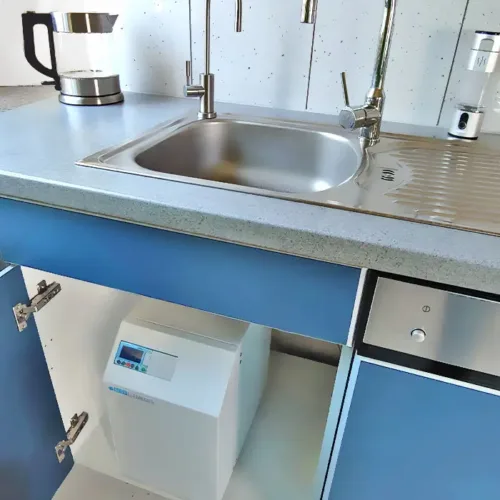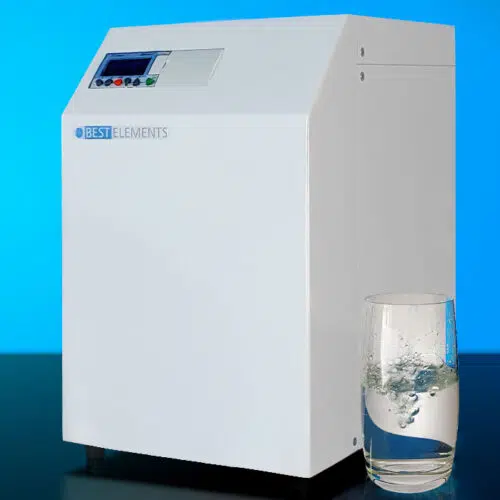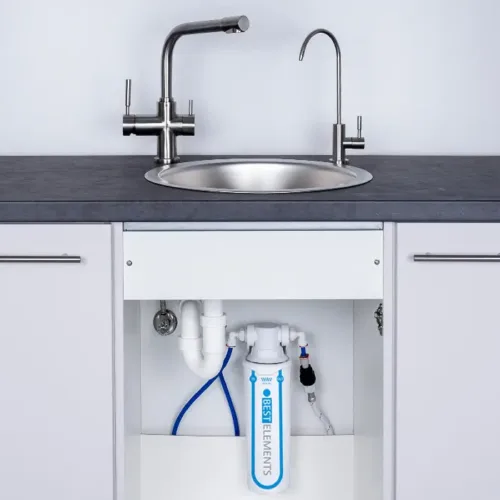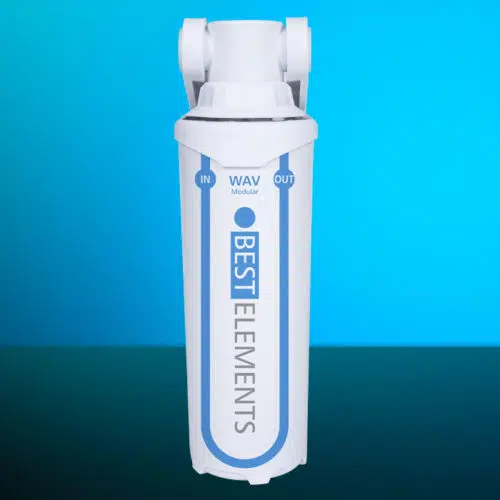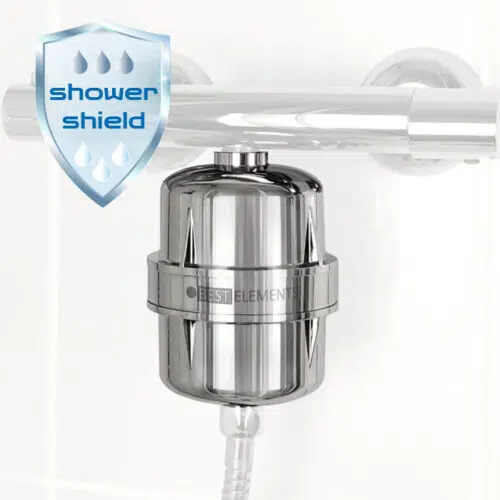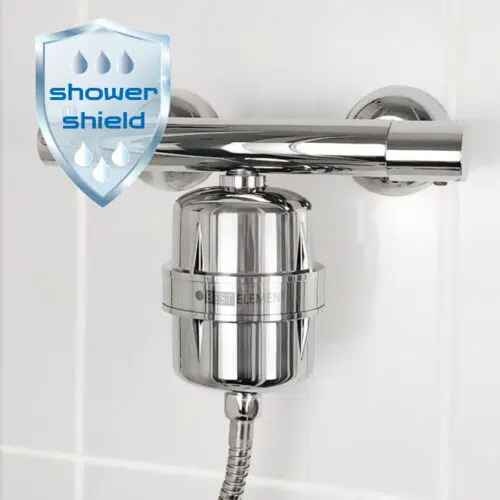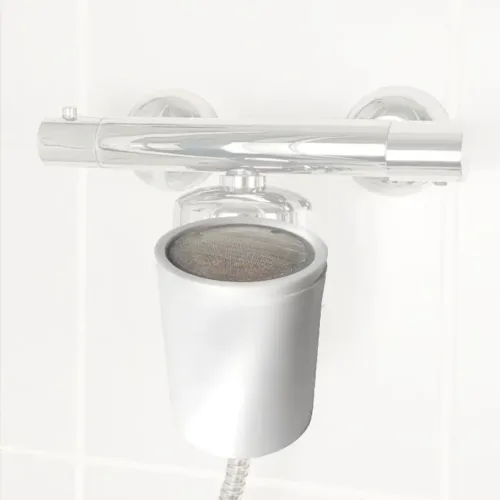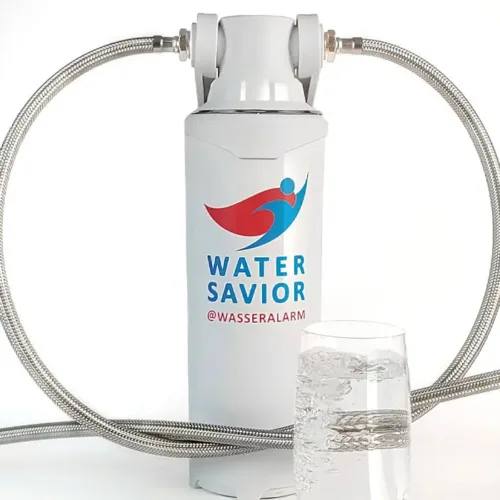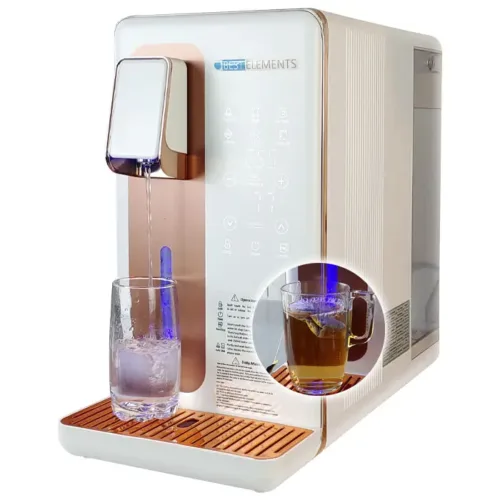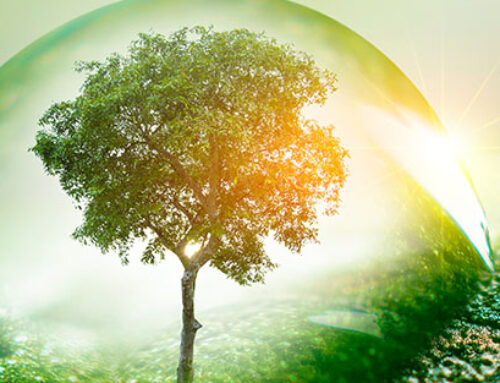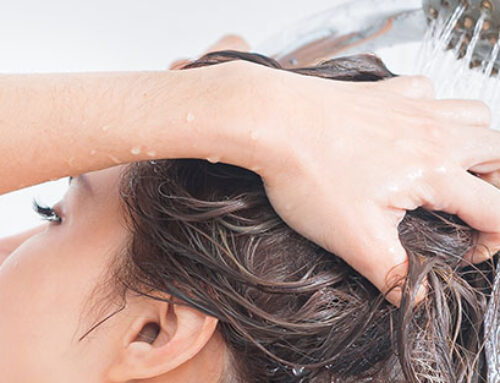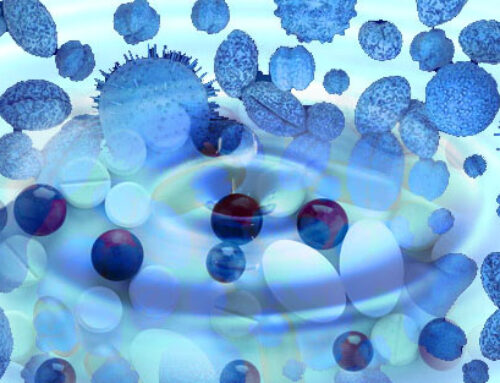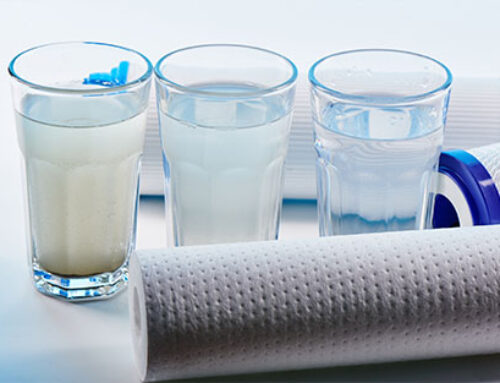If you drink tap water instead of buying it in bottles, you can save a lot of CO2. Many production steps are eliminated if the water ends up straight from the tap in the glass – for example, transport to the supermarket or home. You can also save money by drinking tap water: the drinking water we supply costs around half a cent per liter including wastewater disposal. The cheapest mineral water in plastic bottles costs many times more.
Substances of concern find their way into the groundwater via wastewater
The soil works like a natural filter that holds back many substances. Nevertheless, substances that have got into the environment can also be found in the groundwater. Many substances in daily use enter the sewage treatment plant as wastewater. In addition, there is wastewater from industry and rainwater. In the sewage treatment plant, the water is cleaned of pollutants. However, some trace substances that are not biodegradable cannot be completely removed in the sewage treatment plants.
Trace substances get into water
However, a small proportion of trace substances remains in the treated wastewater and ends up in rivers and other bodies of water via the effluent of the sewage treatment plant. Substances that are not or only with difficulty biodegradable are particularly relevant. One example are pain relievers with the active ingredient diclofenac, which, depending on the application, ends up in the wastewater when washing or via the urine. The stable chemical compound cannot be completely broken down in the sewage treatment plant, which means that it ends up in the water.
Sweeteners cannot be held back
In light drinks, sweeteners such as cyclamate or saccharin are used – they too cannot be completely retained in the sewage treatment plant and thus pollute our surface waters.
Microplastics are problematic
Microplastics in cosmetics are also problematic. Most of the pollutants from the street are drained into the sewer system with the rainwater, which means that the abrasion from tires that sticks to the asphalt can get into the sewer system. Drugs and their metabolites such as 17-alpha-ethinylestradiol are also examined. The parameter is below the limit of quantification.
Quelle geo.de trinkwasser welche stoffe in klaerwerken probleme bereiten
Water filter for pure drinking water overview
These water filters remove bacteria, viruses, germs, limescale, PFAS, pollutants, hormones, drug residues and much more
Drinking water filter devices against contamination
WA1 Mobile
- Ultrapure water 0.25 l/min
- Ultrapure water / wastewater ratio 1:<2
- Mobile and permanent installation
- No power connection
- Modularly expandable
- Installation lying flat or on wall
- Simple pre / post filter change
- Reverse osmosis Made in Germany
- 318 x 264 x 90 mm (HxWxD)
- 2 kg
WA1CB Caravan Boat
- Ultrapure water 1.1 l/min
- Ultrapure water / wastewater ratio 1:<2
- Assembly on board
- Power connection 12 / 24V
- RVs and Boats
- Storage tank or rainwater tank
- Simple pre / post filter change
- Reverse osmosis Made in Germany
- 430 x 318 x 95 mm (HxWxD)
- 2.5 kg
WA3 Home
- Ultrapure water 1-1.3 l/min
- Ultrapure water / wastewater ratio 1:1
- Fixed installation under and table top
- Power connection 110/220V
- Automatic water flow control
- Stainless steel drinking water tap
- Simple pre / post filter change
- Reverse osmosis Made in Germany
- 380 x 250 x 220 mm (HxWxD)
- 6 kg
WA7 Home Office
- Ultrapure water up tu 2.3 l/min
- Ultrapure water / wastewater ratio 1:0,8
- Fixed installation under table
- Power connection 110/220V
- Electronic control display
- Multiple diaphragms, stainless steel drinking water tap
- Simple pre / post filter change
- Reverse osmosis Made in Germany
- 397 x 248 x 374 mm (HxWxD)
- 15 kg
WAV Bacteria Lime
- Against bacteria / virus
- Lime / corrosion
- Fixed installation under sink
- No power connection
- Regular change of inserts
- Modules combinable
- Easy installation
- 120 x 340 x 135 mm (WxHxD)
- 1,3 kg

